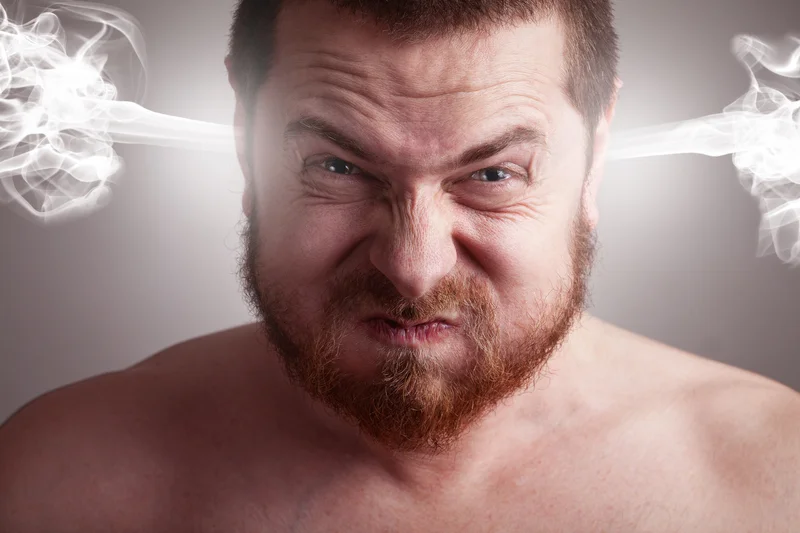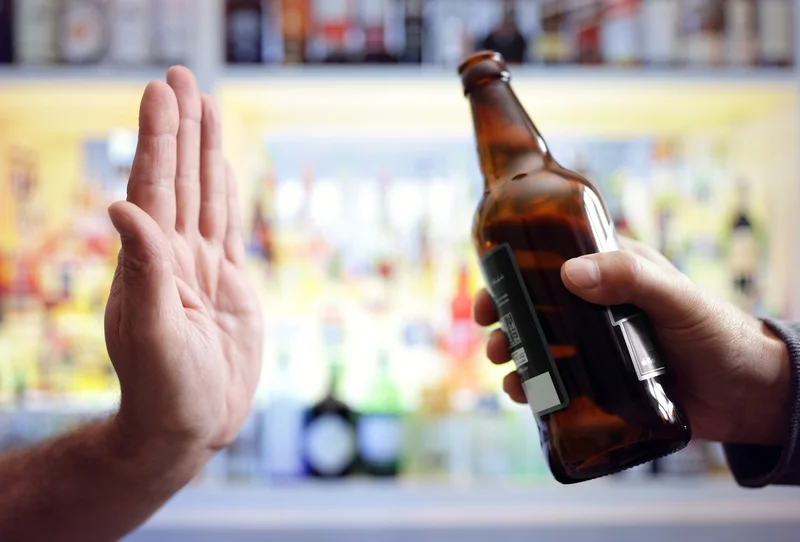
Cognitive behavioral therapy can help individuals control their impulses, which can lower compulsions. Similiarly, peer groups offer support and empathy while someone recovers. To be triggered is to experience an emotional reaction to something based off of a previous negative experience. Triggers can be people, scents, places, harmful substances, or anything else that serves as reminders for intense or distracting emotions. Oftentimes, triggers are reminders that put people in a mental and emotional place internal and external triggers of distress, pain, anger, frustration, and other strong emotions.

Understanding Mental Health Triggers

Business professional in the Addiction Recovery and Mental Health industry for the past 26 years. There is no form of exercise superior to another when it comes to developing a healthy coping mechanism. Whether you like biking, dancing, hiking, yoga, Pilates, or https://ecosoberhouse.com/ anything in between, what matters most is the effort and consistency you put into it.
How to Recognize Internal vs External Relapse Triggers
- Although external ones are often powerful, many times they are avoidable.
- Some people might become triggered by trying to identify their triggers.
- Developing coping strategies for emotional factors and skills to navigate environmental triggers is crucial.
- External triggers often happen in situations you can remove yourself from, but that doesn’t make them any less difficult to deal with, nor is it always the case.
Understanding and addressing these triggers with professional support can strengthen recovery and reduce relapse risks. A post-traumatic stress disorder (PTSD) trigger can include any sound, sight, smell, thought, or another reminder of a traumatic event. Such triggers are sometimes apparent, but they Alcoholics Anonymous can also be subtle and more challenging to identify.

DBT group therapy: What to expect
- By understanding and leveraging our triggers, we can create environments and mindsets that support our goals and values.
- Psychologically speaking, triggers are any sort of stimulus that can cause the urge to use a substance to resurface.
- Emotional relapse is the first of three stages of relapse, so keeping an eye on your emotional state is an important way to manage triggers.
- Through trauma-informed care and specialized therapies, they help individuals build the strength needed for lasting recovery.
But before we dive deeper, let’s consider why understanding these triggers is so crucial. In a world where we’re bombarded with stimuli and faced with countless decisions daily, being aware of what drives our actions can be a game-changer. It’s like having a roadmap to our own minds, helping us navigate the complex terrain of human behavior. Once you identify the internal stimuli, you can start working on them.
Mindfulness
Recognition and avoidance of potentialtriggerswill be a key part of any recovery process. Professional support can be invaluable in helping individuals recognize and navigate external triggers. Therapists and counselors can provide tools and strategies tailored to each individual’s unique circumstances and triggers. In addition, support groups can offer a safe space to share experiences and learn from others who are dealing with similar challenges. If you find yourself struggling with addiction triggers or if you have questions about the recovery process, I invite you to reach out to me here. Support is a crucial component of recovery, and I’m here to provide guidance, resources, and a listening ear.
Top 7 Relapse Triggers And How To Manage Them
Long-term drug use creates an association in the brain between daily routines and drug experiences. Individuals may suffer from uncontrollable drug or alcohol cravings when exposed to certain cues. The cravings act as a reflex to external or internal triggers, and this response can even affect individuals who have abstained from drugs or alcohol for a long time. At Rockland Treatment Center, we equip our clients with the tools to manage both internal and external addiction triggers.
- Through individual therapy, specialized trauma work, and family support systems, you’ll learn to identify and effectively respond to your specific triggers.
- It is essential to keep in mind that while many triggers result from negative events or experiences, positive events or experiences can also trigger a relapse.
Types Of Addiction Relapse Triggers

We have more information for you about the recovery process and how to get started. Some studies have indicated that mindfulness-based relapse prevention skills can be an effective way to deal with emotional triggers. Part of managing external triggers involves simply removing the source.
